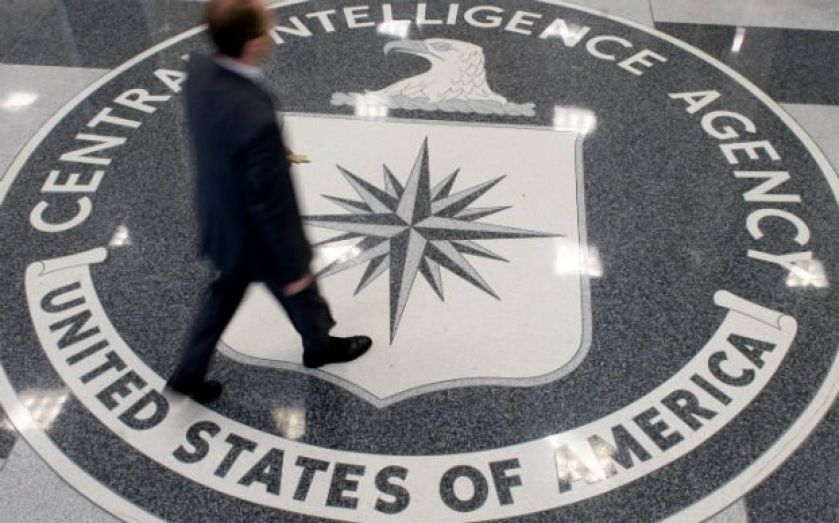CIA interrogations criticised as “brutal” and “ineffective” in US Senate report

The Central Intelligence Agency’s interrogation of terror suspects after 9/11 has been criticised in a major report by the US Senate committee.
The CIA misled Americans, including the White House and Congress, on the effectiveness of “enhanced interrogations.”
Interrogations were labelled “brutal” and the intelligence agency failed to secure information that foiled threats a Senate committee concluded, in a 480 page summary of a 6,000 page report which remains classified.
The report is the conclusion of a five-year investigation by the US Senate Intelligence Committee into the CIA’s program for extracting information from detainees. Its release follows disagreements in Washington over its publication.
Democrat Dianne Feinstein who led the committee and publication of the report said she had made a personal conclusion that "under any common meaning of the term, CIA detainees were tortured."
President Obama, who ended the CIA’s program of interrogation and detention when he took office in 2009, said in a statement: “The report documents a troubling program involving enhanced interrogation techniques on terrorism suspects in secret facilities outside the United States, and it reinforces my long-held view that these harsh methods were not only inconsistent with our values as nation, they did not serve our broader counter-terrorism efforts or our national security interests.”
The CIA also responded to the report saying it “acknowledged shortcomings” and that it had made mistakes, however "the intelligence gained from the programme was critical to our understanding of al-Qaeda and continues to inform our counter-terrorism efforts to this day.” The agency said in a statement:
The most serious problems occurred early on and stemmed from the fact that the Agency was unprepared and lacked the core competencies required to carry out an unprecedented, worldwide program of detaining and interrogating suspected al-Qa’ida and affiliated terrorists. In carrying out that program, we did not always live up to the high standards that we set for ourselves and that the American people expect of us.
Our review indicates that interrogations of detainees on whom EITs were used did produce intelligence that helped thwart attack plans, capture terrorists, and save lives. The intelligence gained from the program was critical to our understanding of al-Qa’ida and continues to inform our counter-terrorism efforts to this day.
Today's unclassified report summarised 20 conclusions from the investigation, including:
- Use of its enhanced interrogation techniques was not an effective means of acquiring intelligence or gaining cooperation from detainees.
- The CIA's justification for the use of its enhanced interrogation techniques rested on inaccurate claims of their effectiveness.
- The interrogations of CIA detainees were brutal and far worse than the CIA represented to policy makers and others.
- The conditions of confinement for CIA detainees were harsher than the CIA had represented to policy makers and others.
- The CIA repeatedly provided inaccurate information to the Department of Justice, impeding a proper legal analysis of the CIA's Detention and Interrogation Program.
- The CIA has actively avoided or impeded congressional oversight of the program.
- The CIA impeded effective White House oversight and decision-making.
- The CIA coordinated the release of classified information to the media, including inaccurate information concerning the effectiveness of the CIA's enhanced interrogation techniques.
- Two contract psychologists devised the CIA's enhanced interrogation techniques and played a central role in the operation, assessments, and management of the CIA's Detention and Interrogation Program. By 2005, the CIA had overwhelmingly outsourced operations related to the program.
- The CIA did not conduct a comprehensive or accurate accounting of the number of individuals it detained, and held individuals who did not meet the legal standard for detention. The CIA's claims about the number of detainees held and subjected to its enhanced Interrogation techniques were inaccurate.
- The CIA's Detention and Interrogation Program damaged the United States' standing in the world, and resulted in other significant monetary and non-monetary costs.